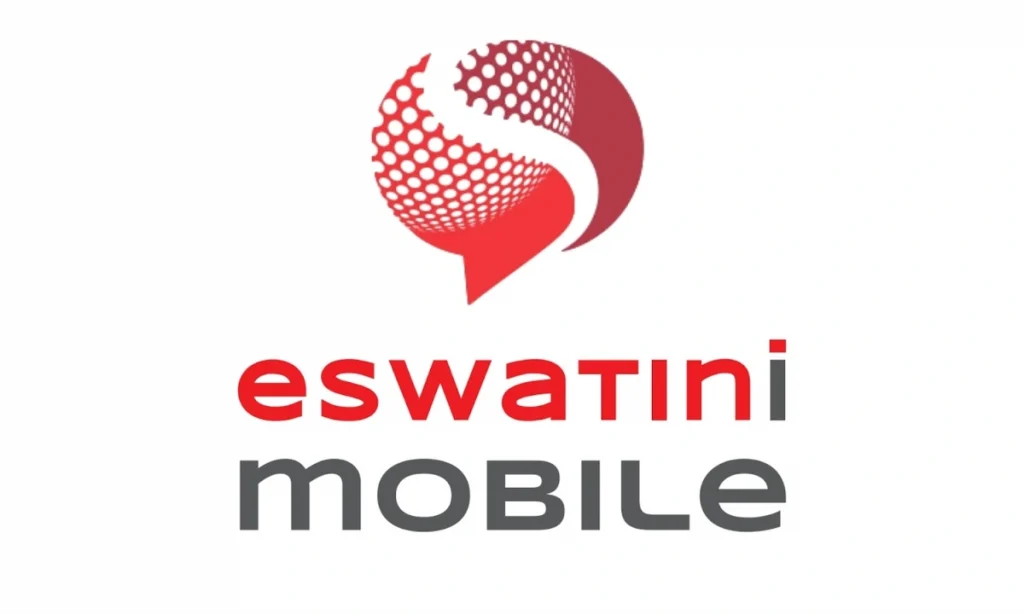- Formed in 2016 and licensed in 2017, Swazi Mobile Limited expanded 2G, 3G and 4G coverage and launched 5G in early 2025.
- The telecom industry in Eswatini faces cost, coverage and infrastructure challenges even as competition brings fairer prices and new services.
Company background
Swazi Mobile Limited was formed on 13 May 2016 in the Kingdom of Eswatini as a special purpose vehicle that would seek a telecom licence. In October 2016 the communications regulator invited bids for a third operator licence. The regulator granted the licence on 17 February 2017. The company then rebranded as Eswatini Mobile Limited.
It is fully Swati-owned and its shareholders include Cherrybite (Pty) Ltd, Stage 1 Communications, the Eswatini National Provident Fund, the Industrial Development Company of Eswatini, Swazi Mobile Trust Limited, and the Public Service Pension Fund. Its office is in Mbabane at Madlenya House on the corner of Gwamile and Mdada Street. The company says its vision is to become “Africa’s Leading Integrated Business Partner” and it backs that with values like accountability, agility, teamwork and change.
Also read: Trump criticises AT&T for conference call glitch
Also read: Trump reports $57M crypto windfall from World Liberty Financial
Swazi Mobile Limited and industry impact
Eswatini Mobile launched nationwide 2G, 3G and 4G services in April or July 2017 over frequencies like 900 MHz for 3G and 1800 MHz for 4G. Since then it has built a network that covers major towns and offers both prepaid and postpaid options along with value-added services. In early 2025 it launched 5G coverage in areas like Matsapha and Manzini.
Before its entry, MTN Eswatini held a monopoly since the late 1990s, with 3G and urban 4G coverage. Eswatini Mobile’s presence brought competition, better service and more affordable pricing for data and voice.
Challenges and innovations in the telecom sector
Eswatini’s mobile market still faces high data costs and high wholesale transit fees, which push prices up for users. The internet is mostly accessed via mobile rather than fixed broadband due to limited infrastructure in rural areas. Telecom firms must invest in network infrastructure, backups and reach to serve rural zones better.
Competition from Eswatini Mobile helped reduce prices and improve service quality. Its rollout of 5G opens up chance for advanced services like faster internet and IoT connectivity. Its core values of agility, customer-first service and network expansion show how it tries to lift the industry.

